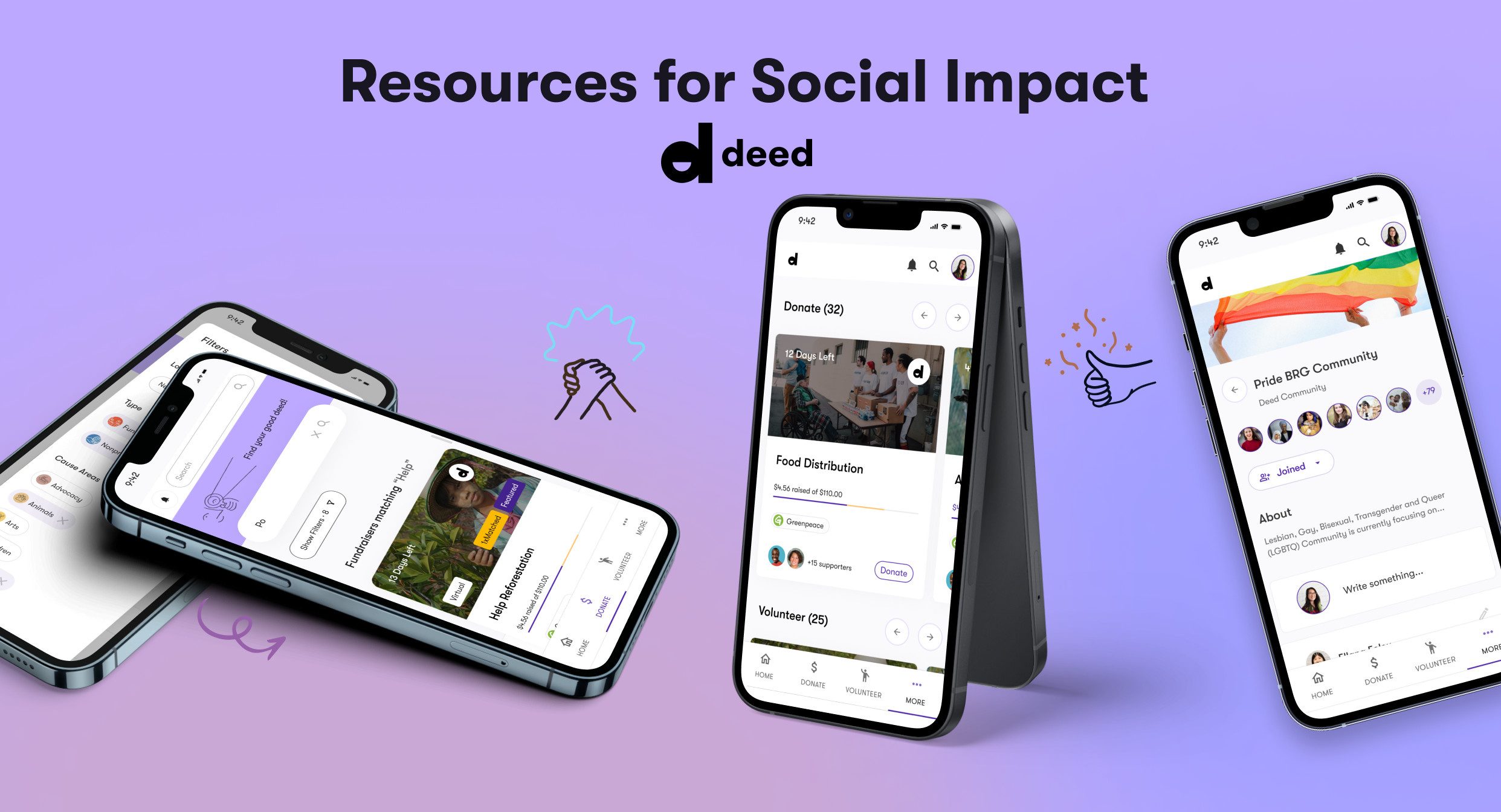[Social Impact 101] From Talk to Action: How Fortune 500 Companies are Turning Diversity and Inclusion into Real Change
In recent years, diversity, equity, inclusion, and belonging (DEIB) have become buzzwords in the business world. It's not hard to see why. Studies show that diverse teams are more innovative and productive, and that companies with diverse leadership outperform their less diverse peers. Furthermore, customers and employees increasingly demand that companies take action on social issues, including DEIB. However, talk is cheap, and many companies struggle to turn DEIB aspirations into real change. In this article, we'll look at how Fortune 500 companies are making progress on DEIB and what lessons can be learned.
Setting goals and measuring progress
The first step in turning DEIB talk into action is setting specific goals and measuring progress. This can include increasing representation of underrepresented groups at all levels of the company, improving retention rates, and closing pay gaps. Companies such as Coca-Cola, Intel, and Accenture have set ambitious DEIB goals and track progress through regular diversity reports. By publicly committing to specific targets and holding themselves accountable, these companies are more likely to make meaningful progress.
Investing in training and education
DEIB training can help employees understand and appreciate differences, challenge their biases, and create more inclusive workplaces. Many companies, including Google and Microsoft, offer DEIB training to all employees. Additionally, some companies have launched programs specifically aimed at developing and promoting underrepresented employees. For example, Goldman Sachs' "10,000 Women" initiative provides training and support to women entrepreneurs in underdeveloped countries. By investing in DEIB education and development, companies can create a more equitable and diverse workforce.
Holding leadership accountable
Leadership plays a critical role in driving DEIB progress. Companies such as Microsoft and Salesforce have tied executive compensation to DEIB goals, while others, such as PayPal and Intel, have created dedicated DEIB leadership roles. By making DEIB a priority at the highest levels, companies can signal the importance of the issue and ensure that progress is made.
Building partnerships
DEIB is not just an internal issue; it requires collaboration with external partners as well. Many companies are partnering with organizations such as the National Urban League, the Human Rights Campaign, and the National Center for Women & Information Technology to advance DEIB. For example, Coca-Cola has partnered with the National Urban League to support Black-owned businesses and promote economic development in underserved communities. By building partnerships and engaging with external stakeholders, companies can leverage their resources and expertise to make a broader impact on DEIB.
Listening and responding to feedback
Finally, it's essential for companies to listen to feedback from employees, customers, and other stakeholders and respond to it. Companies such as Starbucks and Google have created channels for employees to provide feedback on DEIB issues, and both companies have implemented changes based on that feedback. Additionally, companies should solicit feedback from their customers and use it to inform their DEIB strategies. By being responsive to feedback, companies can demonstrate their commitment to DEIB and make meaningful progress.
In conclusion, turning DEIB talk into action requires a multifaceted approach that includes setting goals, investing in training and education, holding leadership accountable, building partnerships, and listening and responding to feedback. While there is no one-size-fits-all approach, companies that take concrete steps to improve DEIB are more likely to reap the benefits of a diverse and inclusive workforce. Furthermore, by taking action on DEIB, companies can contribute to a more equitable and just society.
How the Fortune 500 engages employees in social impact
Deed is a workplace giving and volunteering platform that puts people first, because user experience shouldn’t stand between you and doing good. We help CSR and DEIB teams alike to centralize all their programming, from emergency fundraisers to fun volunteering events, and engage diverse employee resource groups, with the data and insights they need to drive engagement. Ready to make a difference?


